A panel of expert judges evaluated eligible Phase 3 submissions according to official Phase 3 evaluation criteria. Based on the judges’ evaluation and recommendations, Phase 3 awarded five prizes.
Judging
Phase 3 judges
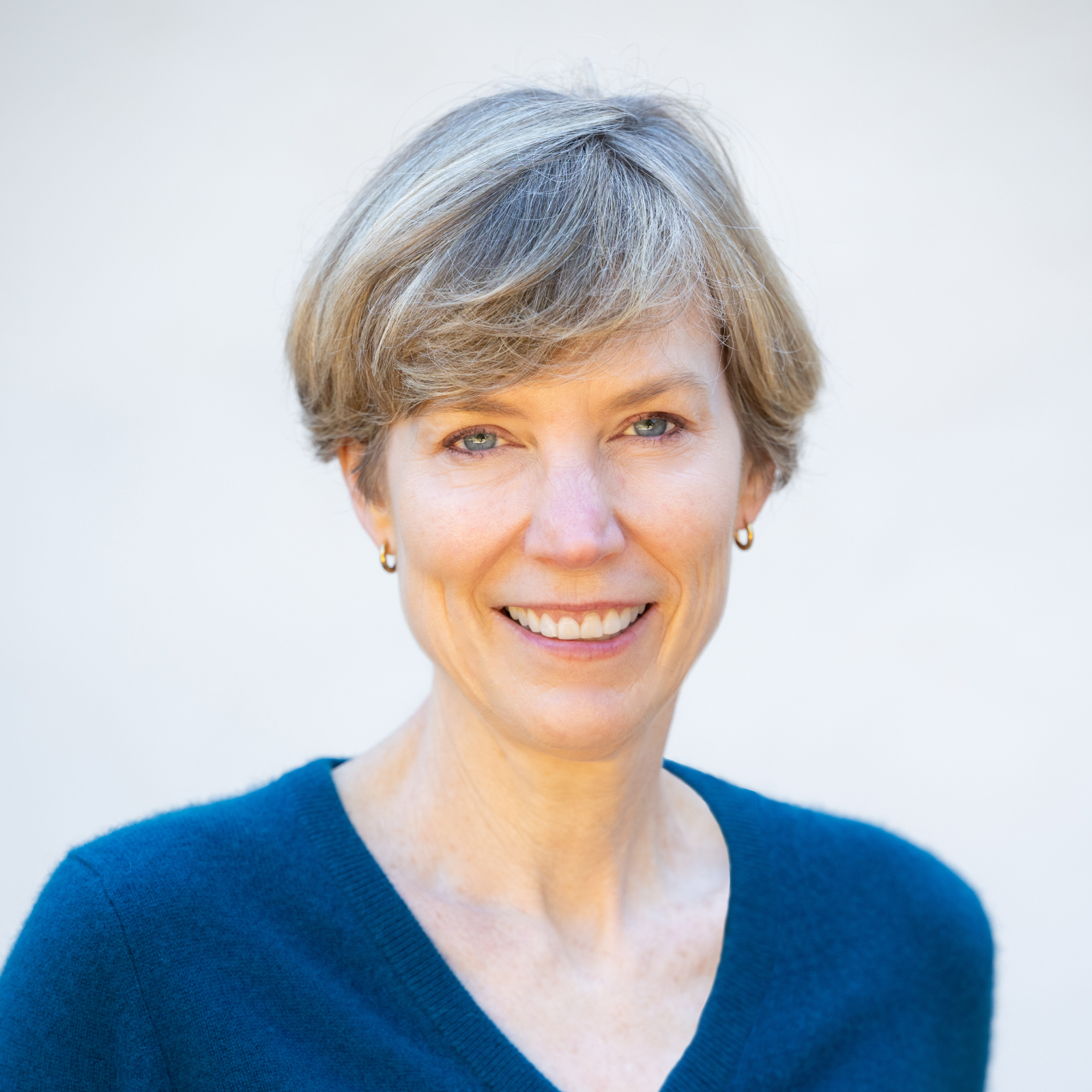
Wendy A. Adams, MBA
Bay Area Lyme Foundation
Phase 3 judge
As Research Grant Director and member of the Advisory Board, Wendy leads Bay Area Lyme’s research granting strategy and grantmaking process. She is also a founder and an active member of the Board of Directors for the Lyme Disease Biobank. She has a unique perspective and knowledge as a former persistent tick borne disease patient as well as a background in product and business development, strategy and finance for companies in infectious and autoimmune disease, therapeutic and prophylactic vaccines, oncology, drug delivery and neurology. Wendy holds an MBA from the Haas School of Business, University of California at Berkeley, where she also served on the faculty and taught Entrepreneurship in Biotech, and an AB from Duke University. She served as a member or subcommittee member of the HHS Tick Borne Disease Working Group Federal Advisory Committee from 2017-2020 and has served as a Programmatic Reviewer for the Department of Defense Congressionally Directed Medical Research Program in Tick-Borne Disease since 2020. She also serves on the Lyme Disease Advisory Committee for the California Department of Public Health.
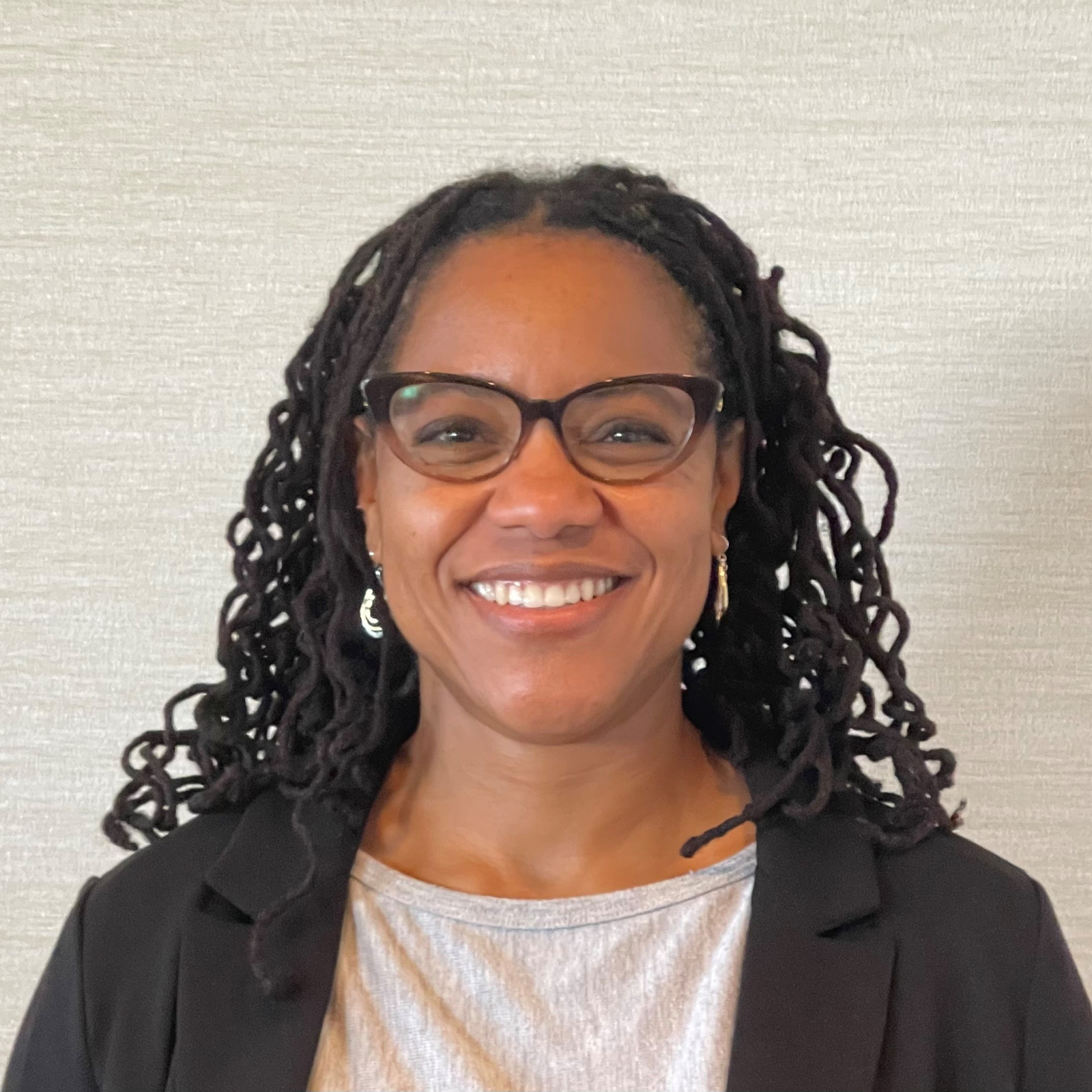
Nadine Bowden, D.V.M., Ph.D
National Institute of Allergy and Infectious Diseases
Phases 1, 2, and 3 judge
Nadine Bowden, D.V.M., Ph.D., serves as the Program Officer for Lyme disease and other Borrelioses in the National Institute of Allergy and Infectious Diseases (NIAID). Prior to joining NIAID, Dr. Bowden worked at the Food and Drug Administration (FDA) as a scientific reviewer in the Division of Microbiology Devices (DMD), where her portfolio included regulatory review of in vitro diagnostics for the diagnosis of Lyme disease. Dr. Bowden’s other engagements with the Lyme community include attending regional and international conferences on Lyme disease, being a member of government working groups focused on Lyme and other tick-borne disease, and serving on the programmatic review panel of Department of Defense (DOD) Congressionally Directed Medical Research Programs (CDMRP) for the Tick-Borne Disease Research Program (TBDRP).
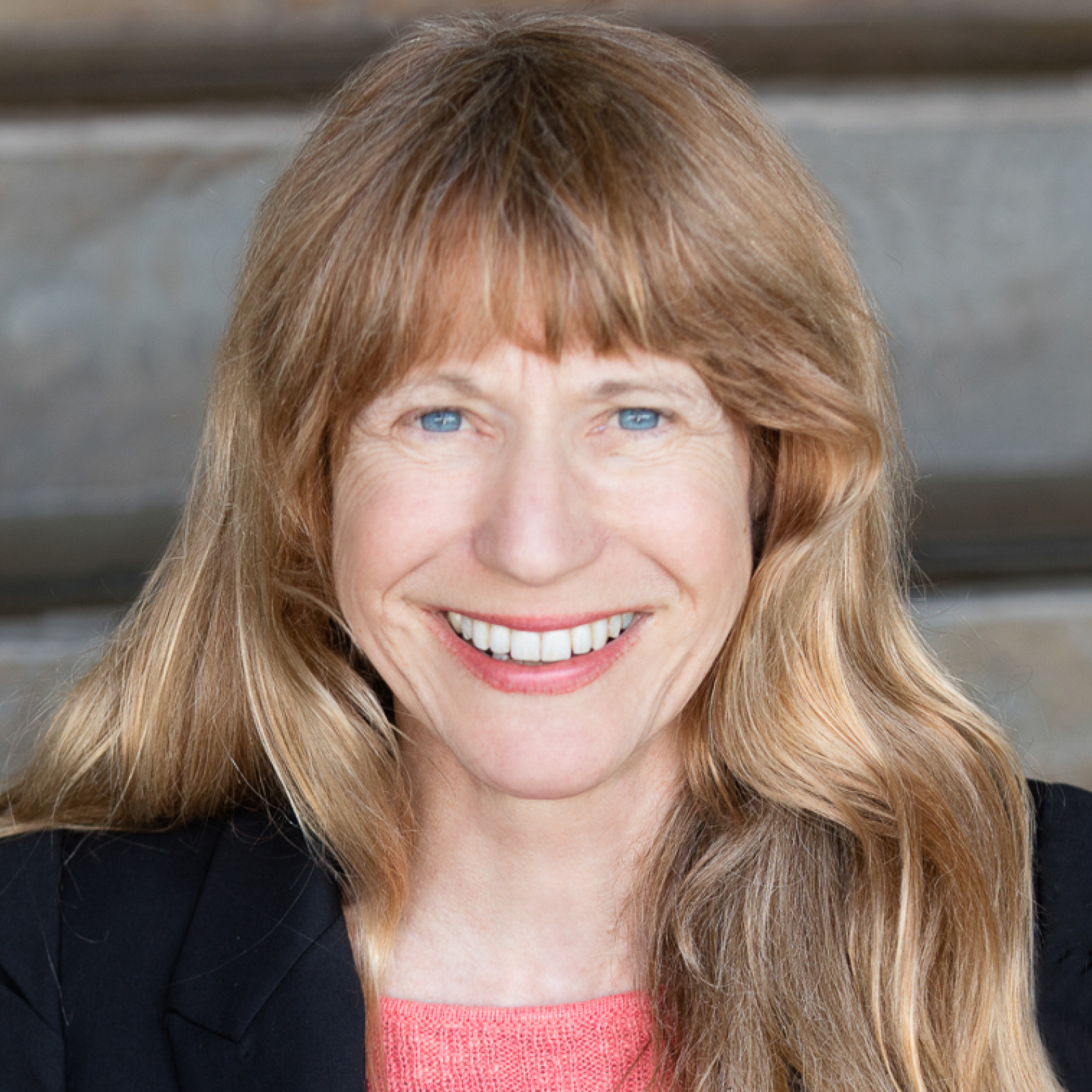
Christine Green, M.D.
Medical Offices of Christine Green
Phases 1, 2, and 3 judge
Christine Green, M.D., is a board certified family physician practicing in the San Francisco Bay area for over 35 years. Returning patients to excellent health often requires “medical sleuthing.” Understanding the physiology of the body and its interaction with infection (pathophysiology) led Dr. Green to her expertise in chronic vector-borne diseases, including persistent (chronic) Lyme disease. She has devoted her time to understand how to best diagnose and treat sick patients and to share that understanding by developing evidence-based curriculum to provide other physicians continuing medical education. Over the past 25 years Dr. Green has treated thousands of patients with persistent tickborne disease. She serves on the boards of multiple Lyme organizations, speaks at conferences in the U.S. and Europe, and is currently a director on the board and serves as Education Coordinator of Invisible International. Dr. Green considers the whole patient, the scientific evidence, the clinical evidence and applies best practices on an individual basis. Patient care is her passion, evidence is her foundation, and respect and awe for life is her driver.
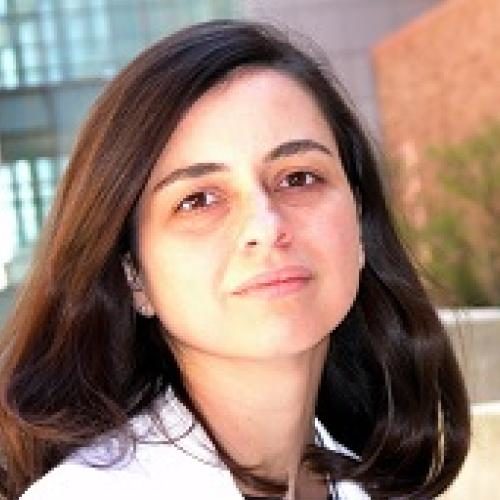
Adriana Marques, M.D.
National Institute of Allergy and Infectious Diseases at the National Institutes of Health
Phases 1, 2, and 3 judge
Adriana Marques, M.D., is the Chief of the Lyme Disease Studies Unit at the Laboratory of Clinical Immunology and Microbiology, National Institute of Allergy and Infectious Diseases at the National Institutes of Health. Her major areas of research focus on investigating pathogenic mechanisms in Lyme disease and post treatment Lyme disease syndrome; the development of better tests for diagnosis of Lyme disease and other tick-borne infections; and the characterization of the host responses to B. burgdorferi. Her research also includes investigating critical aspects of the host responses to tick bites, including mechanisms of tick resistance.
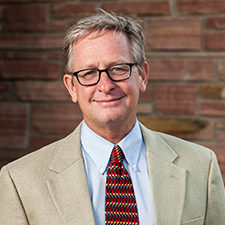
Paul S. Mead, M.D., M.P.H.
National Center for Emerging and Zoonotic Infectious Diseases, Centers for Disease Control and Prevention
Phases 1, 2, and 3 judge
Paul S. Mead, M.D., M.P.H., is the Chief of the Bacterial Diseases Branch (BDB), Division of Vector-Borne Diseases (DVBD) in the National Center for Emerging and Zoonotic Infectious Diseases (NCEZID). Dr. Mead earned his medical degree from the University of Colorado and completed a Residency in Internal Medicine at Dartmouth Medical Center, followed by an Infectious Diseases Fellowship at the University of California, San Francisco. Dr. Mead joined CDC in 1994 as an Epidemic Intelligence Service Officer in the Foodborne and Diarrheal Diseases Branch. After working for nine years to control outbreaks of E. coli, Salmonella, and Listeria, he joined DVBD in 2003. As chief of BDB, Dr. Mead works to protect the American public from bacterial diseases spread by ticks, fleas, and lice, including plague, tularemia, and Lyme disease. Dr. Mead is Board Certified in Infectious Diseases and has authored or co-authored more than 175 scientific publications and book chapters.
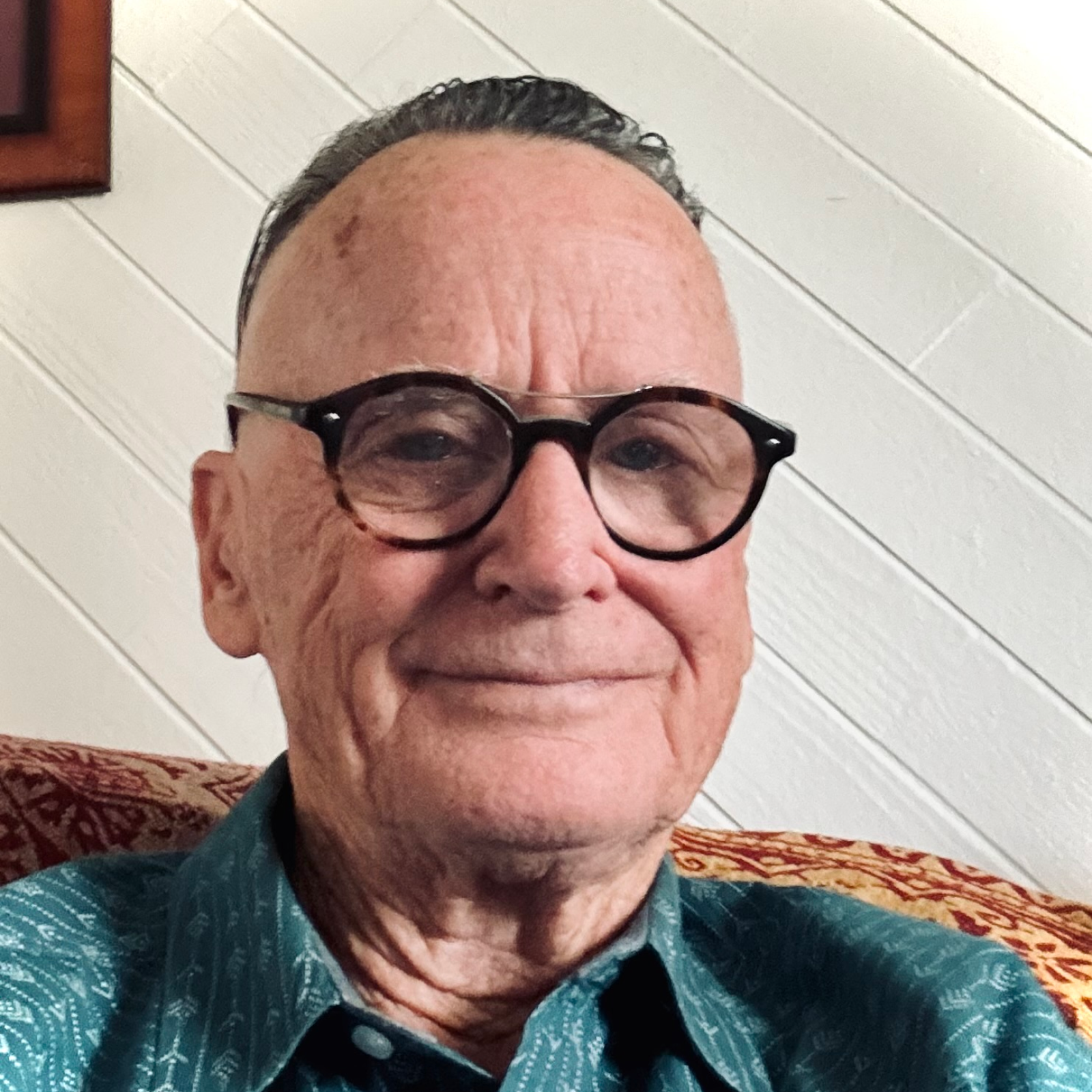
Barry E. Menefee, Ph.D., M.S.
Non-affiliated
Phase 3 judge
Early in his career, Barry E. Menefee, M.S., Ph.D., began developing skills as an immunochemist. Assays included RIA, EIA (ELISA), IFA, primary and secondary antibody production, and conjugation. With this background, Dr. Menefee began developing and producing immunoassays, including Lyme Disease assays, for commercial laboratories. This led to Dr. Menefee’s involvement with the CDC and FDA for guidance and regulatory compliance. Continuing this journey, Dr. Menefee supported the development of assays needed to meet the two-tier assay algorithm known today. He soon became a corporate representative for various companies as a laboratory ambassador for assay installation and troubleshooting. Dr. Menefee’s key assets are his experience with assay development (including mosquito-borne diseases), regulatory compliance, and laboratory assay management.
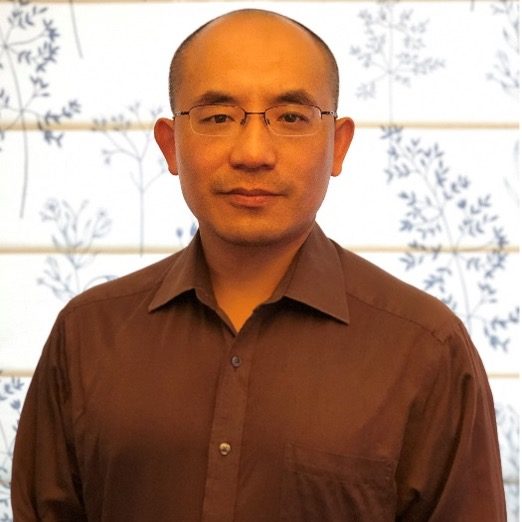
Jinyu Shan, Ph.D.
Micropathology Ltd/ Phelix Research & Development
Phases 1, 2, and 3 judge
Jinyu Shan, Ph.D., earned his doctorate in molecular microbiology from the University of Warwick, UK. He is currently the Chief Scientific Officer at Phelix Research & Development, a medical research charity, and a Post Doctoral Scientist at Micropathology Ltd. Jinyu is a skilled and accomplished microbiologist with experience in both academia and industry, specializing in medical microbiology, molecular biology, phage therapy, and infectious disease diagnostics, particularly in Lyme and tick-borne diseases.
Over the past 14 years, Jinyu has been at the forefront of phage-based diagnostics and therapeutics for bacterial infections and antimicrobial resistance. He pioneered phage-based biomarker research for Lyme and tick-borne disease diagnosis, resulting in five publications on Lyme and tick-borne disease diagnostics since 2021, along with a licensed patent benefiting the Lyme community.
In industry, he has led operations and R&D under ISO standards to develop diagnostic tests. At Micropathology, an ISO 15189-compliant institution, he is leading the development of Lyme and tick-borne disease diagnostic pipelines to meet the demand for accurate, rapid, and cost-effective methods essential for early diagnosis and improved patient outcomes.
Former judges
For Phase 1, judges reviewed submitted concepts and plans for development of innovative diagnostics. Judges selected 10 winners to advance to the Phase 2 virtual accelerator.
For Phase 2, judges reviewed each team’s refined concepts and plans for development and recommended five winners to receive Phase 2 prizes.
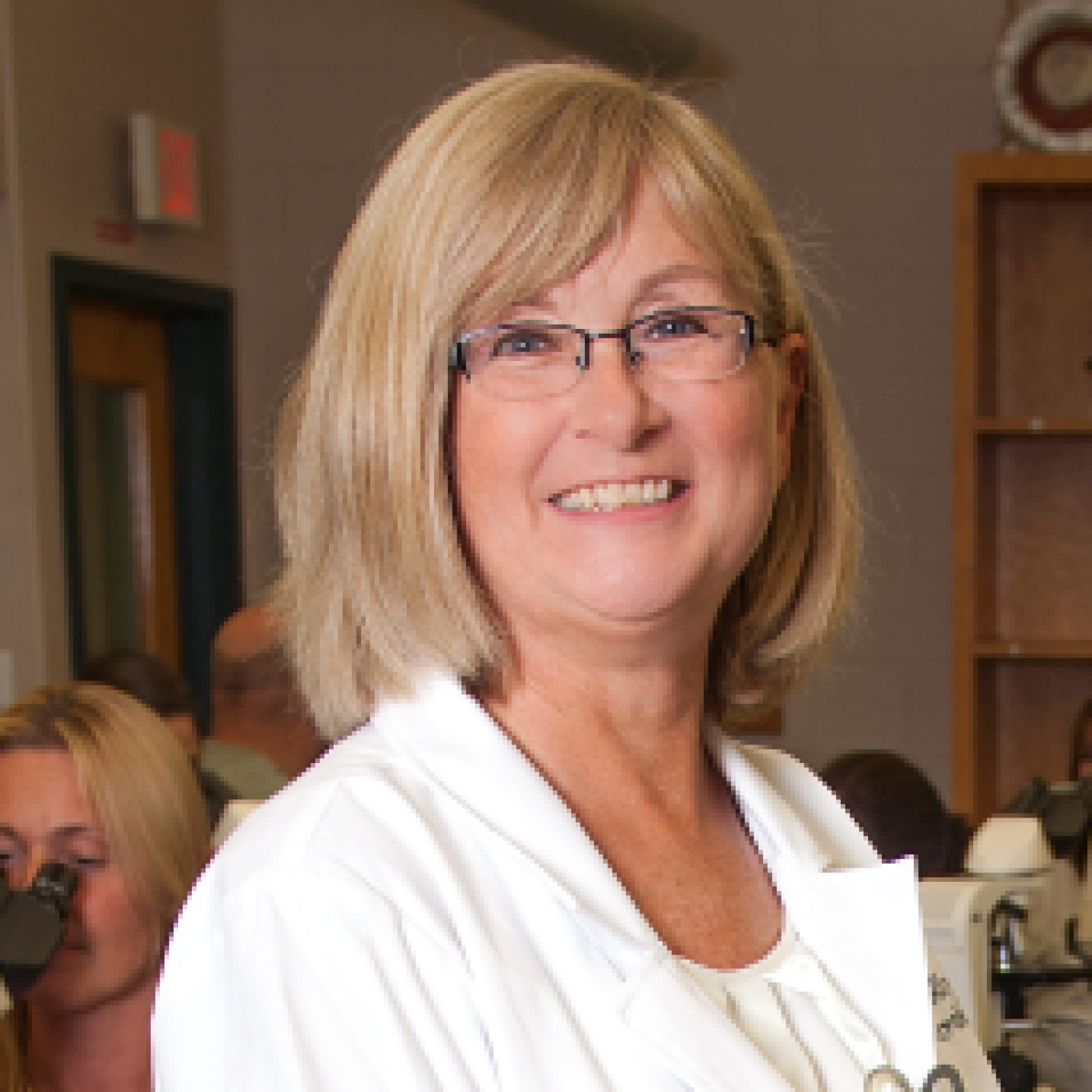
Holly Ahern, M.S., M.T. (ASCP)
SUNY Adirondack
Phases 1 and 2 judge
Holly Ahern, M.S., M.T. (ASCP), is Associate Professor of Microbiology at SUNY Adirondack, where she teaches laboratory courses in Microbiology and Human Anatomy and Physiology and mentors undergraduate research students. She is the author of nationally published textbooks, including the first microbiology laboratory textbook available to students as an open educational resource (OER). As a result of her family’s experience with Lyme disease, Ahern co-founded and is vice-president of the NYS-based 501-c-3 advocacy organization Lyme Action Network, and additionally serves as Scientific Advisor for Focus on Lyme Foundation in Arizona. Ahern served on subcommittees of the U.S. Department of Health and Human Services (HHS) Tickborne Disease Working Group in 2018 and 2022, and accepted a commission to serve on the New York State Lyme and Tickborne Disease Working Group in 2022.
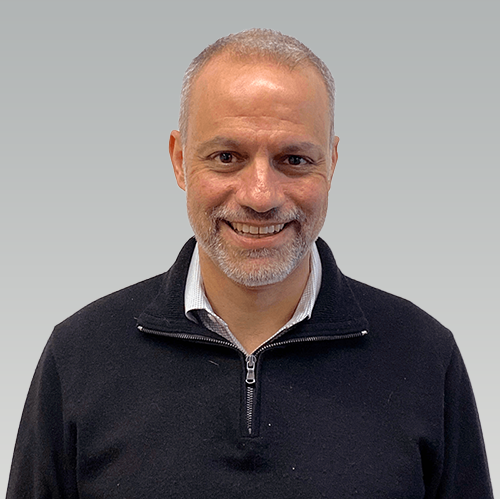
Luiz Miguel Camargo, Ph.D.
NobleReach Foundation
Phase 2 judge
Luiz Miguel Camargo, Ph.D., is a Senior Commercialization Advisor at NobleReach Emerge, helping translate cutting-edge government-funded research into the commercial sector, with an emphasis on pharmaceutical and biotech projects. Miguel has more than 20 years of experience in drug discovery, with much of his work being motivated by translating data sciences into real-world applications. He has led innovative data efforts at Merck, Novartis, and UCB working on translational medicine, target & biomarker discovery, lead identification & optimization, phenotypic screens, and efforts to better define disease using electronic medical records. In addition to his role as computational biologist, Miguel has also led multidisciplinary drug discovery teams, as well as academic and industrial collaborations. Miguel is a visiting scientist at the National Institutes of Biomedical Innovation, Health, and Nutrition, in Osaka, Japan. He received his PhD in bioinformatics from the University of Cambridge, has several publications in leading journals, and is on the board of the Riverbend School in Natick, Massachusetts.
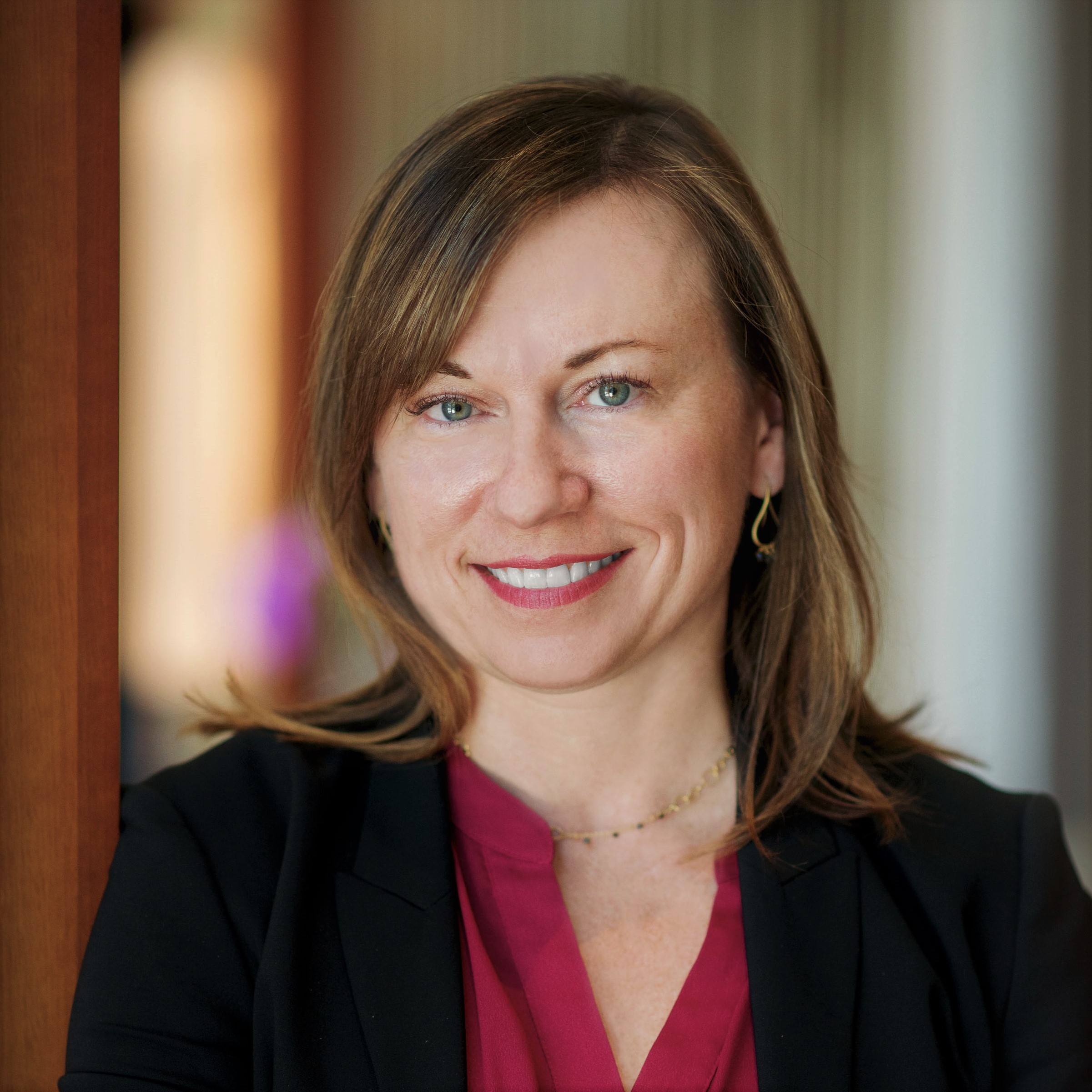
Jenny Rooke, Ph.D.
Genoa Ventures
Phase 1 judge
Jenny Rooke, Ph.D., is the Founder and Managing Director of Genoa Ventures, where she leverages her unique toolkit of genetics domain expertise, strategic business acumen, and venture investing to launch and empower the next generation of category-defying companies at the convergence of biology and technology. She has over 15 years of investing experience, beginning at Fidelity Biosciences in 2006 as a Kauffman Fellow. After Fidelity, Dr. Rooke helped establish the investing function at the Gates Foundation, funding companies in genetic engineering, diagnostics, and synthetic biology. Dr. Rooke began her own investing practice in 2014, building the largest life sciences syndicate on AngelList, and achieving one of the highest-performing AngelList syndicates of any sector. Her prior investments include Zymergen (NASDAQ:ZY), Caribou (NASDAQ:CRBU), Intabio (acquired by Danaher Sciex), Accuri (acquired by Becton Dickinson), and Topaz (acquired by Sanofi). Prior to her investing career, Dr. Rooke was a management consultant with McKinsey for the pharma and biotech sector. She also served in executive management roles at U.S. Genomics, leading Corporate Development and Research & Development. Dr. Rooke studied physics and software engineering at Georgia Tech and has a Ph.D. in genetics from Yale University, where she was a National Science Foundation Fellow.
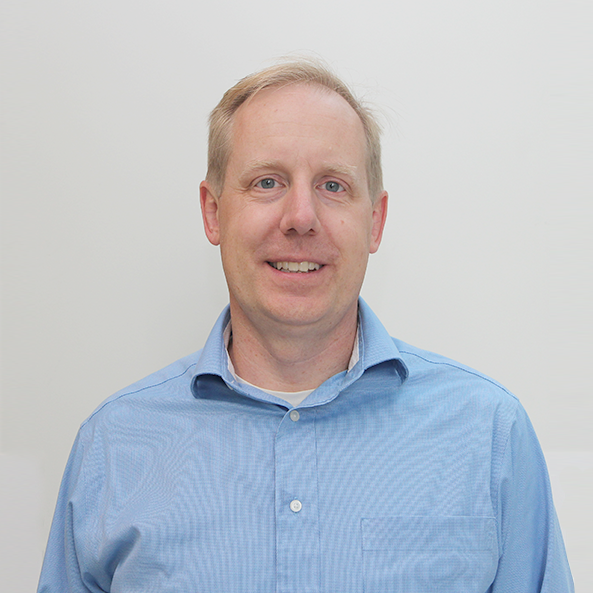
Kristian Roth, Ph.D.
U.S. Food and Drug Administration
Phases 1 and 2 judge
Kristian Roth, Ph.D., is the Deputy Director, Division of Microbiology Devices, Office of In Vitro Diagnostics at the U.S. Food and Drug Administration. He received his Ph.D. in analytical chemistry from the University of California Riverside then completed a postdoc at the University of California Santa Barbara. Afterward, he worked for seven years in the IVD industry developing infectious disease diagnostics. In 2011, he started at FDA as a scientific reviewer in the Division and then later served as Branch Chief then Deputy Director. Dr. Roth has been a stakeholder in the emergency response to the Ebola, Zika, COVID, and Monkeypox outbreaks.
